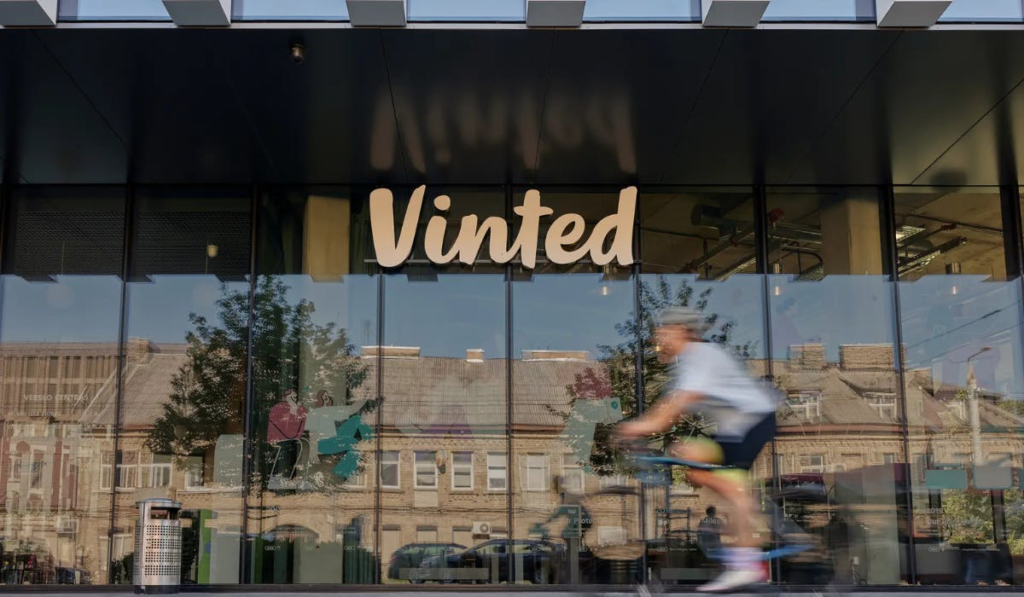 Vinted has credited TV advertising, smarter pricing and a shift in public perceptions with helping to turn its business around.
Vinted has credited TV advertising, smarter pricing and a shift in public perceptions with helping to turn its business around.
Founded in Lithuania in 2008, the secondhand fashion platform expanded across Europe and into the US, opening offices in cities including Madrid and San Francisco. However, by 2015 the company was facing significant challenges.
“We were burning money, it was a problem,” Vinted’s senior offline specialist, Danielius Bolotinas, told attendees at the IPA’s 2025 Business Growth Conference today (2 July). “We didn’t want to be the biggest unicorn bust in Europe.”
That year, Vinted brought in external consultant Thomas Plantenga – now CEO – who implemented a number of changes. These included introducing a monetisation model based on buyer fees, closing several offices and reducing headcount.
One of the more unexpected decisions Plantenga made was the brand’s investment in TV advertising.
“This was unheard of at the time, that a completely online digital brand did advertising on TV,” Bolotinas said. “That was very creative from his [Plantenga’s] side.”
Vinted made an initial push into the UK market in 2018, which did not gain traction. The firm’s first UK TV campaign focused on encouraging consumers to sell unused clothing with the tagline: ‘If you don’t wear it, sell it.’ However, the company observed a rise in user activity during the pandemic, as people had more time to shop and upload.
“We saw activity in the UK without any marketing,” he said. “So we decided to restart. We made some amendments to the product, we did some research. We completely changed our branding and creative idea.”
As part of its efforts, Vinted also sought to address negative perceptions of secondhand clothing. In 2023, the business partnered with Channel 4 on a branded digital entertainment series aimed at reframing secondhand fashion as accessible and appealing.
“The main perception of secondhand is that it’s dirty, there’s no quality, or someone has already worn it,” Bolotinas said.
“Long format helps us to show that secondhand is not poor quality. You can create something new from it. People in our shows and participants connect to viewers more.”
In 2024, Vinted Group reported consolidated revenue of €813.4m (£698m), a 36% increase on 2023 (€596.3m/£512m). Net profit rose to €76.7m (£66m), up 330% year-on-year. The business reached profitability for the first time in 2023 and is now the largest clothing retailer by volume in France.
Vinted has also expanded its offering to include categories such as electronics, books and games, amid continued growth in the circular economy.
Circular thinking
Consumer behaviour attitudes towards the circular economy are shifting. Speaking at the event, Havas UK’s chief impact officer, Rosie Kitson, cited research that found two-thirds (66%) of UK consumers say they plan to buy secondhand in the next 12 months.
Among Gen Z, four in ten expect at least three-quarters of their purchases to be secondhand by 2027.
“Globally, resale and re-commerce are growing at three times the rate of traditional retail,” she claimed.
This shift is taking place alongside tightening regulations. In the UK, extended producer responsibility rules introduced in January require businesses to pay for the management of their packaging waste. This means businesses that supply packaging into the UK market are now required to pay for the collection, sorting and recycling of that packaging.
Further legislation is expected. From 2026, ‘right to repair’ laws will require brands to provide spare parts and repair guidance. The UK government has also established a Circular Economy Task Force, with a national strategy expected later this year.
“All of this is forcing businesses to start thinking about the design materials and what happens to their products at the end of that,” Kitson said.


